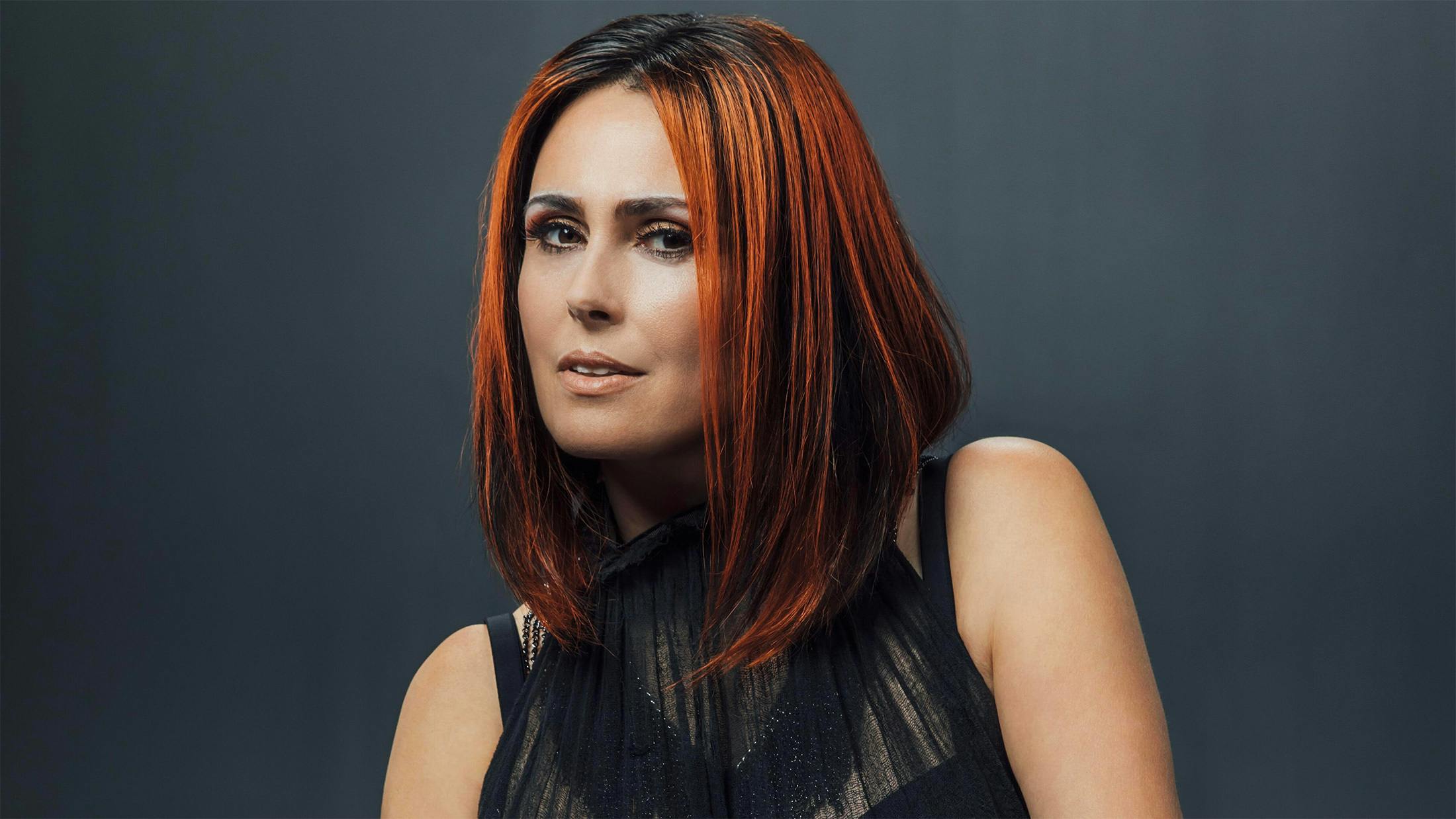I was very surprised to find that there are still some European countries and independent states where, without exception, abortion is prohibited: for example, in Malta and Vatican City, even in the case of rape or incest. In Andorra, Liechtenstein and San Marino, abortion is also illegal in most cases. I can only imagine the horrific impact and consequences for these women from having no legal option to end a pregnancy in the case of rape. And from the perspective of the child, to not be born out of love and perhaps not even be raised in a loving home, is a terrible thing for them.
In most European countries such as France, Belgium and Germany, abortion is – regardless of the reason – legal during the first 12 weeks of pregnancy. In The Netherlands, where I live, abortion has been legal since 1984. It is allowed until the foetus can survive outside the body. In practice, doctors adhere to 22 weeks, but the majority take place within the first 12 weeks.
It has become clear to me that practice and legislation greatly differ per country. There is no unambiguous standard in international law that prescribes whether or not abortion is permitted. Therefore, unfortunately, even in the countries where abortion is legal within 12 weeks of pregnancy, it’s still not easy for women to actually get one. There are many obstacles to overcome.
